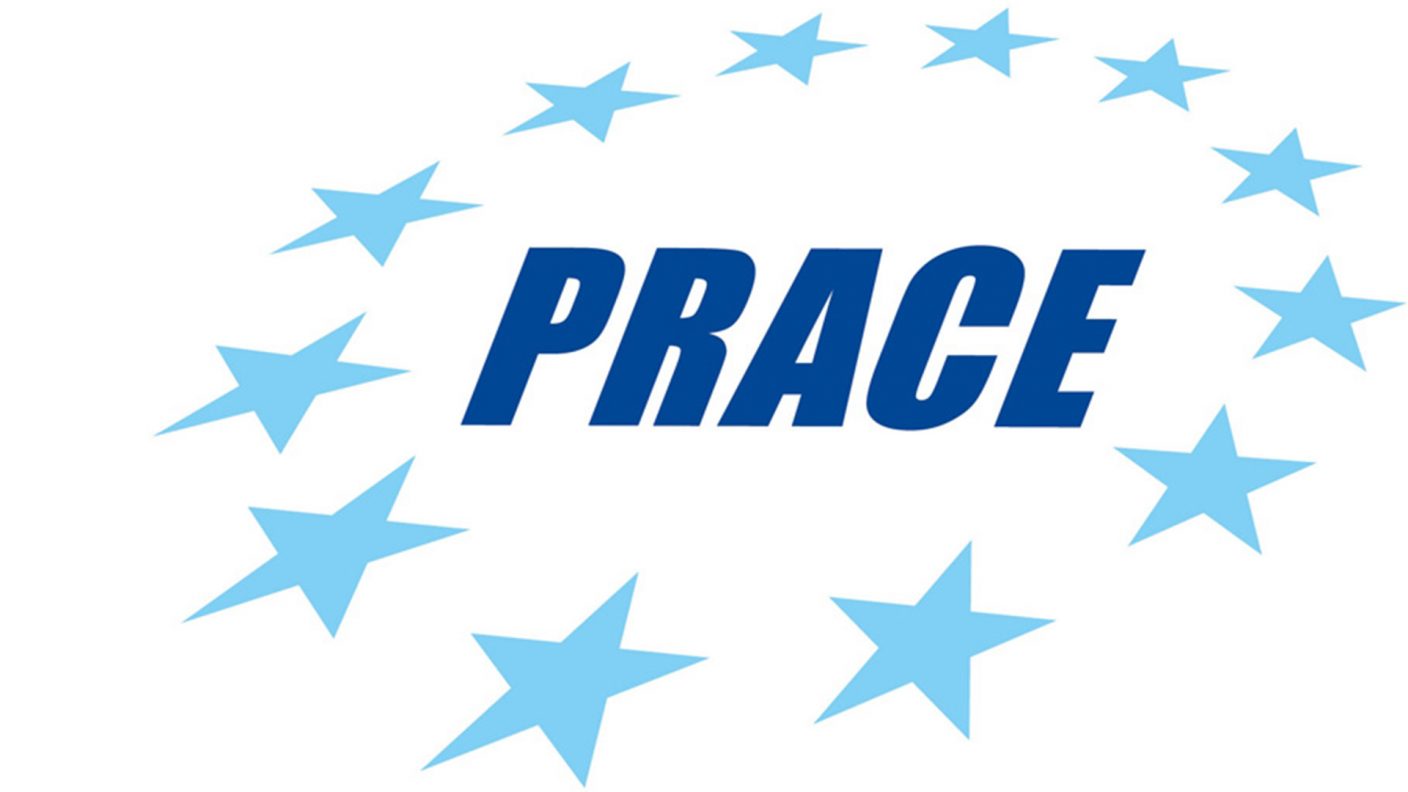
PRACE, the Partnership for Advanced Computing is the permanent pan-European High-Performance Computing service providing world-class systems for world-class science. Systems at the highest performance level (Tier-0) are deployed by Germany, France, Italy, Spain and Switzerland, providing researchers with more than 17 billion core hours of computing time. HPC experts from 25 member states enabled users from academia and industry to ascertain leadership and remain competitive in the Global Race. Currently, PRACE is finalizing the transition to PRACE 2, the successor of the initial five year period.
The objectives of PRACE-6IP are to build on and seamlessly continue the successes of PRACE and start new innovative and collaborative activities proposed by the consortium. These include: assisting the development of PRACE 2; strengthening the internationally recognized PRACE brand; continuing and extend advanced training which so far provided more than 36 400 person·training days; preparing strategies and best practices towards Exascale computing, work on forward-looking SW solutions; coordinating and enhancing the operation of the multi-tier HPC systems and services; and supporting users to exploit massively parallel systems and novel architectures. A high-level Service Catalogue is provided. The proven project structure is used to achieve each of the objectives in 7 dedicated work packages. The activities are designed to increase Europe’s research and innovation potential especially through: seamless and efficient Tier-0 services and a pan-European HPC ecosystem including national capabilities; promoting take-up by industry and new communities and special offers to SMEs; assistance to PRACE 2 development; proposing strategies for deployment of leadership systems; collaborating with the ETP4HPC, CoEs, and other European and international organizations on future architectures, training, application support, and policies. This is monitored through a set of KPIs.
The Partners of the project:Austria: ACONET Association – Austrian Academic Computer Network
Belgium: DGO6-SPW – Direction générale opérationnelle de l’Économie, de l’Emploi et de la Recherche – Service Public de Wallonie
Bulgaria: NCSA – Executive agency “Electronic communication networks and information systems”
Cyprus: CaSToRC – Computation-based Science and Technology Research Center, The Cyprus Institute
Czech Republic: IT4I, VŠB – Technical University of Ostrava
Denmark: DeIC – Danish e-Infrastructure Cooperation
Finland: CSC – IT Center for Science Ltd.
France: GENCI – Grand Equipement National de Calcul Intensif
Germany: GCS – GAUSS Centre for Supercomputing e.V
Greece: GRNET – Greek Research and Technology Network S.A.
Hungary: KIFÜ – Kormányzati Informatikai Fejlesztési Ügynökség
Ireland: ICHEC – Irish Centre for High-End Computing
Israel: IUCC – Inter-University Computation Center
Italy: CINECA – Consorzio Interuniversitario
Luxembourg: University of Luxembourg
The Netherlands: SURFsara
Norway: SIGMA – UNINETT Sigma AS – The Norwegian Metacenter for Computational Science
Poland: PSNC – Institute of Bioorganic Chemistry of PAS – Poznan Supercomputing and Networking Center
Portugal: Universidade de Coimbra
Slovakia: Computing Center of the Slovak Academy of Science
Slovenia: ULFME – University of Ljubljana, Faculty of Mechanical Engineering
Spain: BSC – Barcelona Supercomputing Center – Centro Nacional de Supercomputación
Sweden: Vetenskapsrådet – Swedish Research Council
Switzerland: CSCS, ETH – Eidgenössische Technische Hochschule Zürich – Swiss Federal Institute of Technology, Zürich
Turkey: UYBHM – Ulusal Yuksek Basarimli Hesaplama Merkezi, Istanbul Technical University – National Center for High Performance Computing
UK: EPCC,EPSRC – The Engineering and Physical Sciences Research Council